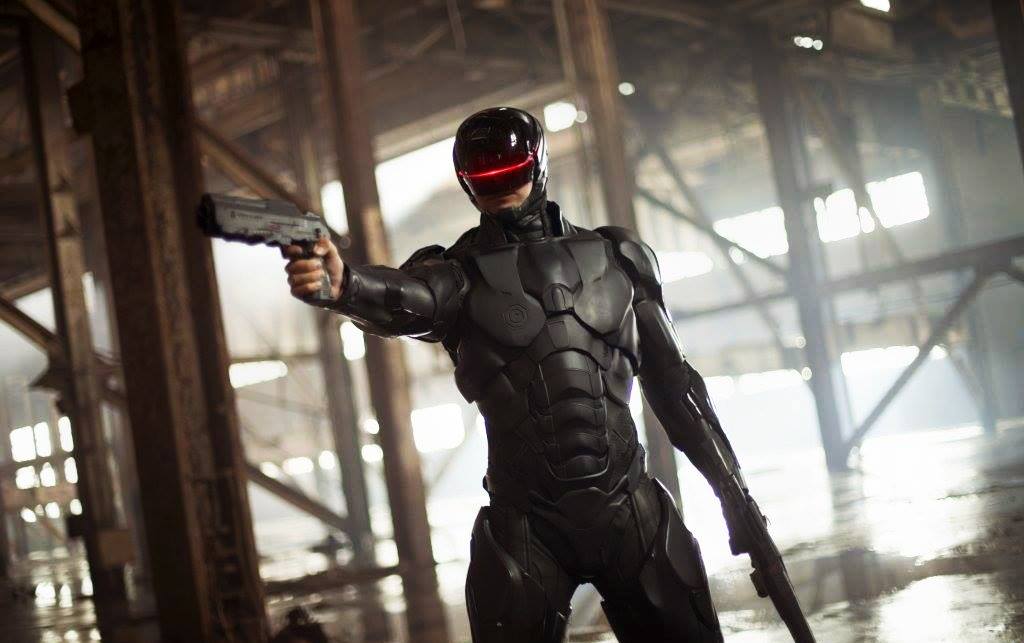#184 - Up
Pete Docter, 2009

After his wife dies of old age, an old man decides to honour their unrealised plans to go adventuring by making his house fly using balloons.
Up is still one of the best Pixar movies in existence, never mind its rather implausible premise that is still prone to the occasional moment where the suspension of disbelief gives way (not even Pixar is immune to this). Starting off with one of the saddest opening sequences in animation history, it immediately sets up protagonist Carl as a plucky young boy who gets worn down by the passage of time into a grouchy old man, especially after his wife dies. When a group of land developers plan on moving him into a retirement home so they can demolish his house, he turns to his old trade as a balloon salesman and decides to fly his house to South America. However, he picks up an eager young Boy Scout looking to earn his "assisting the elderly" badge and thus a very amusing odd-couple dynamic develops. Once the pair reach South America the plot starts going in an interesting direction, but if you haven't managed to see Up yet and still want to then go do that then I won't say much more. Let's just say that the sudden introduction of a character voiced by a well-respected Oscar-winner really kicks the film into gear as the film shifts from its mismatched buddy comedy to something a bit more action-oriented - at least the shift is gradual and welcome by that point.
The animation is up to the usual Pixar standard - though it's undoubtedly been improved upon in the years since, it works well in the context of its fanciful narrative set in an exotic location with some colourful characters. Given the premise, there are naturally a lot of aerial sequences (especially in the film's second half) that are shot through with vigour and imagination and no small amount of humour. It's backed up well enough by a score that is more nuanced than you would think for a film like this. Though some aspects of the film may come across as a little mawkish (The old man never had kids! The kid's dad is never around! Will they slowly form a bond at all?) all the elements seem to work just fine and it helps that there's a very strong emotional core that sets the bar high even for a company that knows how to play to an audience as well as Pixar does. Definitely my favourite Pixar movie that doesn't involve sentient toys and definitely recommended to people of all ages.
Pete Docter, 2009

After his wife dies of old age, an old man decides to honour their unrealised plans to go adventuring by making his house fly using balloons.
Up is still one of the best Pixar movies in existence, never mind its rather implausible premise that is still prone to the occasional moment where the suspension of disbelief gives way (not even Pixar is immune to this). Starting off with one of the saddest opening sequences in animation history, it immediately sets up protagonist Carl as a plucky young boy who gets worn down by the passage of time into a grouchy old man, especially after his wife dies. When a group of land developers plan on moving him into a retirement home so they can demolish his house, he turns to his old trade as a balloon salesman and decides to fly his house to South America. However, he picks up an eager young Boy Scout looking to earn his "assisting the elderly" badge and thus a very amusing odd-couple dynamic develops. Once the pair reach South America the plot starts going in an interesting direction, but if you haven't managed to see Up yet and still want to then go do that then I won't say much more. Let's just say that the sudden introduction of a character voiced by a well-respected Oscar-winner really kicks the film into gear as the film shifts from its mismatched buddy comedy to something a bit more action-oriented - at least the shift is gradual and welcome by that point.
The animation is up to the usual Pixar standard - though it's undoubtedly been improved upon in the years since, it works well in the context of its fanciful narrative set in an exotic location with some colourful characters. Given the premise, there are naturally a lot of aerial sequences (especially in the film's second half) that are shot through with vigour and imagination and no small amount of humour. It's backed up well enough by a score that is more nuanced than you would think for a film like this. Though some aspects of the film may come across as a little mawkish (The old man never had kids! The kid's dad is never around! Will they slowly form a bond at all?) all the elements seem to work just fine and it helps that there's a very strong emotional core that sets the bar high even for a company that knows how to play to an audience as well as Pixar does. Definitely my favourite Pixar movie that doesn't involve sentient toys and definitely recommended to people of all ages.
__________________
Iro's Top 100 Movies v3.0
I really just want you all angry and confused the whole time.



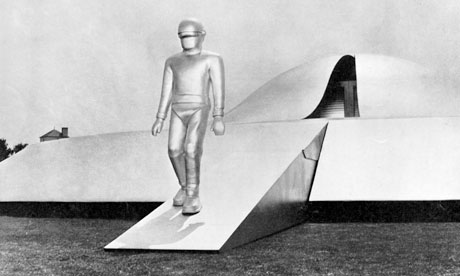
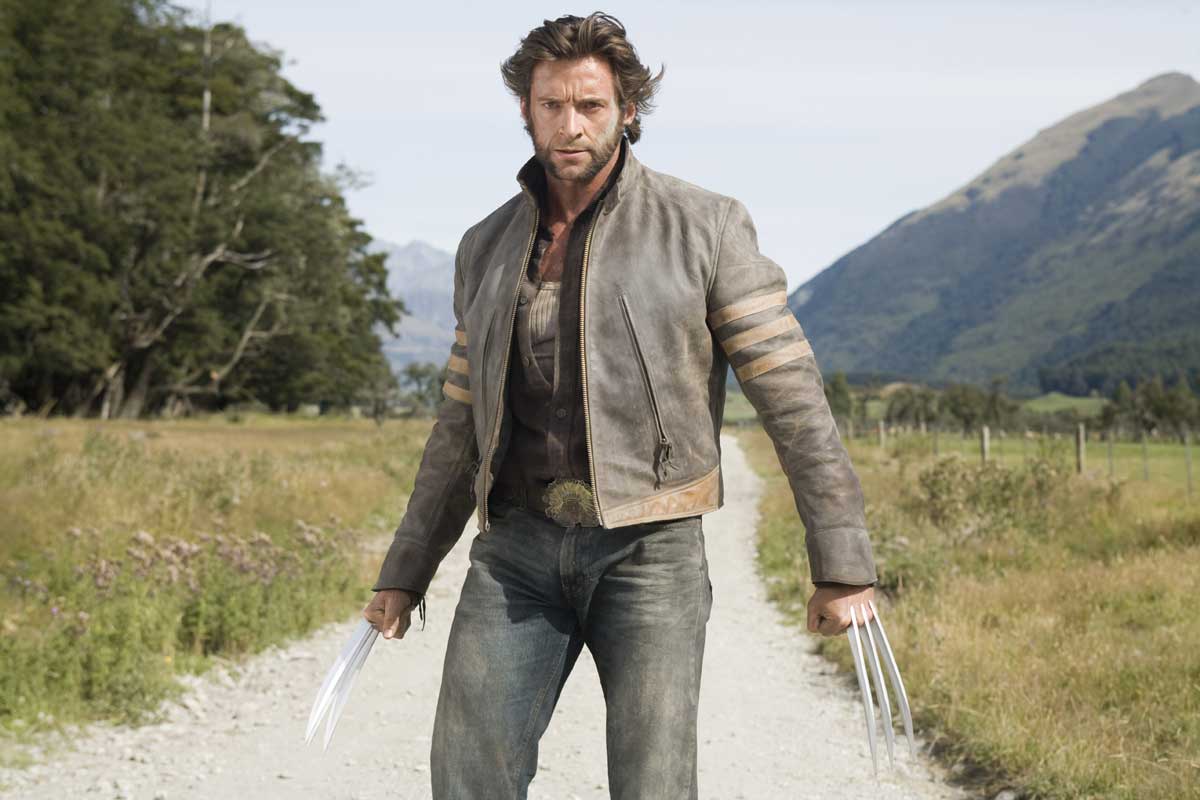
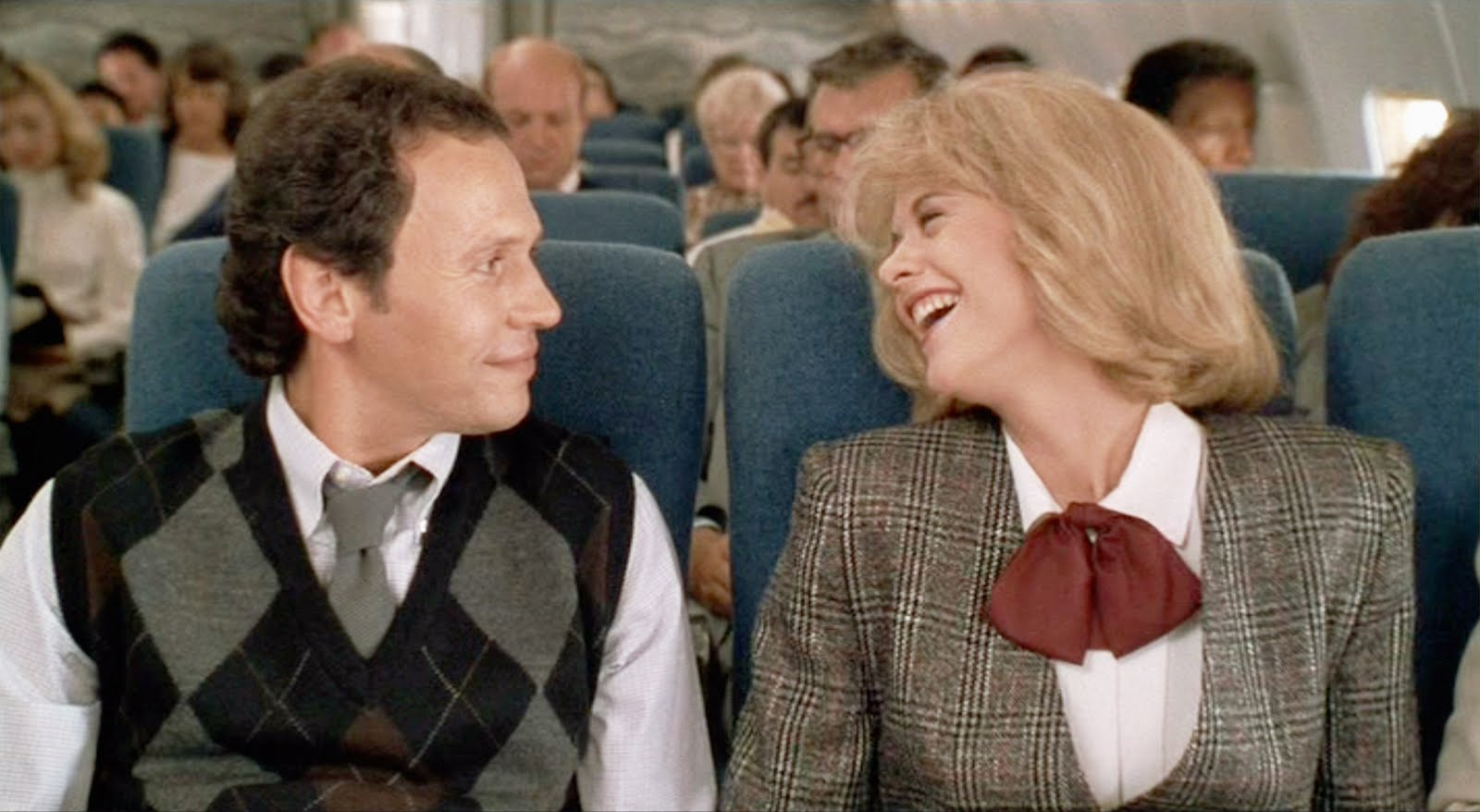



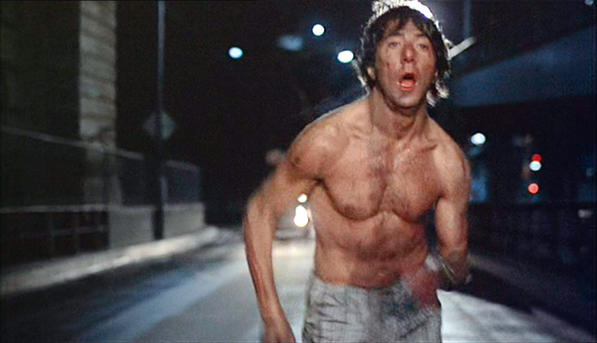
 I love that film, it's the best rom-com and has great dialogue, beautifully put over by Crystal and Ryan (who had the added benefit for me of never looking better than she did in this). I think the Harry Connick Jr's renditions of the classics works well with the vibe of the film. However, I think Manhattan is Woody Allen's best film, so maybe there's a reason why this all works well for me.
I love that film, it's the best rom-com and has great dialogue, beautifully put over by Crystal and Ryan (who had the added benefit for me of never looking better than she did in this). I think the Harry Connick Jr's renditions of the classics works well with the vibe of the film. However, I think Manhattan is Woody Allen's best film, so maybe there's a reason why this all works well for me.